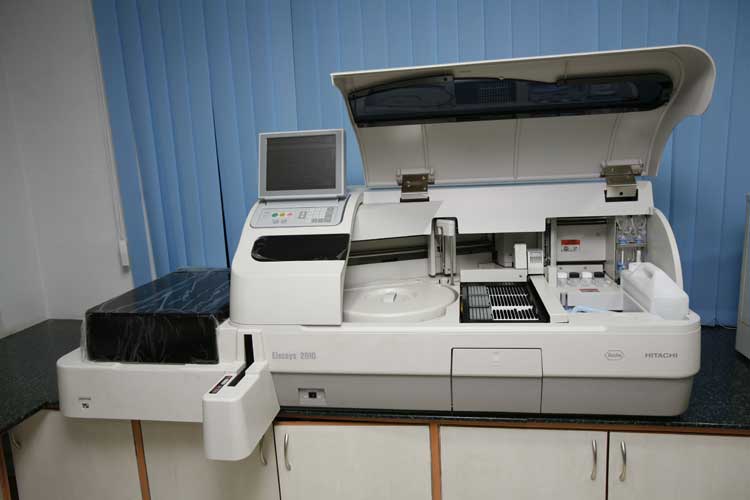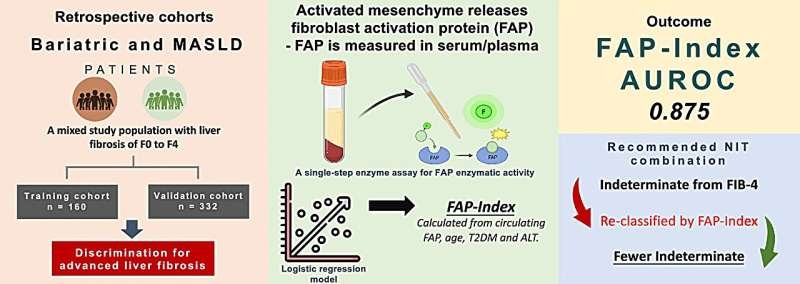Vitamin D Deficiency May Be Overdiagnosed by Current Methods
By LabMedica International staff writers
Posted on 04 Dec 2013
Low levels of total 25-hydroxyvitamin D are common among Americans of African descent, but vitamin D-binding protein has not been considered in the assessment of vitamin D deficiency.Posted on 04 Dec 2013
Genetic differences in a vitamin D carrier protein referred to as D-binding protein may explain the discrepancy between the prevalence of diagnosed vitamin D deficiency in African Americans, based on measuring the molecule 25-hydroxyvitamin D (25OHD), and a lack of the usual symptoms of vitamin deficiency.

Image: Elecsys 2010 chemistry analyzer (Photo courtesy of Roche Diagnostics).
Scientists from Massachusetts General Hospital (Boston, MA, USA) working with colleagues at other institutions, carried out a population-based cohort study involving 3,720 participants who were 30 to 64 years of age. Blood samples drawn at the examination were stored at −80 °C. Levels of total 25-hydroxyvitamin D (D2 and D3) were measured with the use of tandem mass spectrometry.
Levels of vitamin D-binding protein were measured by means of a commercial enzyme-linked immunosorbent assay (ELISA; R&D Systems; Minneapolis, MN, USA) that uses two monoclonal antibodies in a sandwich format. Levels of intact parathyroid hormone were measured with the use of the Elecsys Parathyroid Hormone Immunoassay (Roche Diagnostics; Basel, Switzerland). Calcium levels were corrected for the participant's albumin level. DNA samples from the participants were genotyped for two common single-nucleotide polymorphisms (SNPs) in the coding region of the vitamin D-binding protein gene.
The results of the study indicated that the 1,181 African American participants had significantly lower levels of both 25OHD and D-binding protein, compared with 904 white participants, and about 80% of the difference in D-binding protein levels could be explained by genetic variation. Unadjusted levels of total 25-hydroxyvitamin D were significantly lower in blacks at 15.6 ng/mL, than in whites at 25.8.4 ng/mL. Unadjusted levels of vitamin D-binding protein were significantly lower in blacks at 168 μg/mL than in whites at 337 μg/mL. However, bone density and calcium levels were higher in black participants, and while their parathyroid hormone levels also were higher, the difference between the two populations was slight.
Ravi Thadhani, MD, MPH, a professor of medicine and the senior author of the study said, “Black people are frequently treated for vitamin D deficiency, but we may not be measuring the right form of vitamin D to make that diagnosis. Although currently there are no commercially available assays that directly measure bioavailable levels of 25OHD, these results suggest that such assays would more accurately identify those with true vitamin D deficiency, allowing us to direct treatment toward those who really need it. Additional studies need to be conducted to establish optimal levels of bioavailable 25ODH across all racial and ethnic groups.” The study was published on November 21, 2013, in the New England Journal of Medicine.
Related Links:
Massachusetts General Hospital
R&D Systems
Roche Diagnostics














